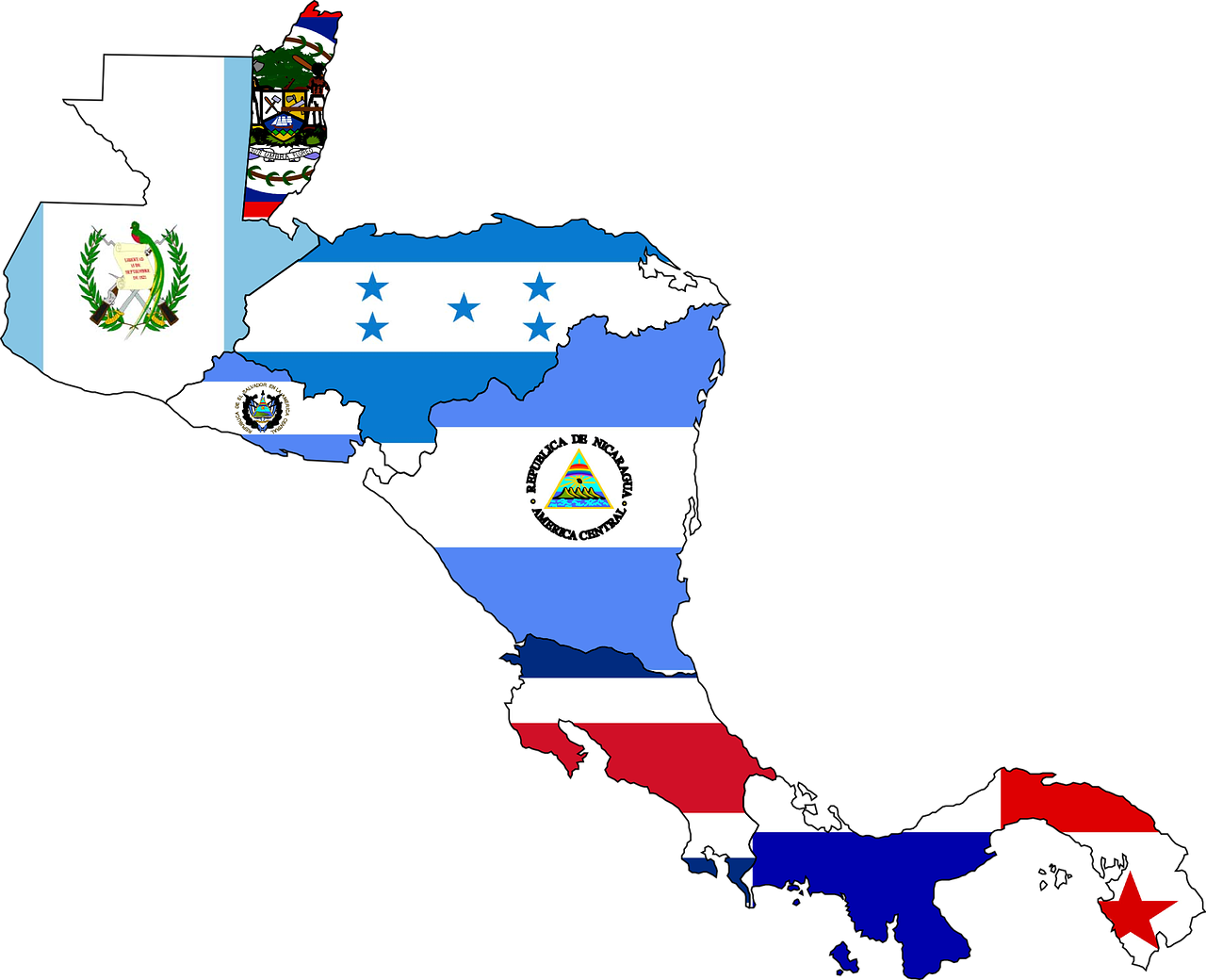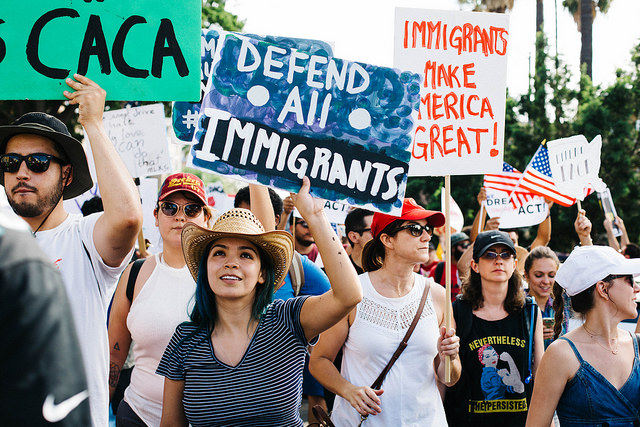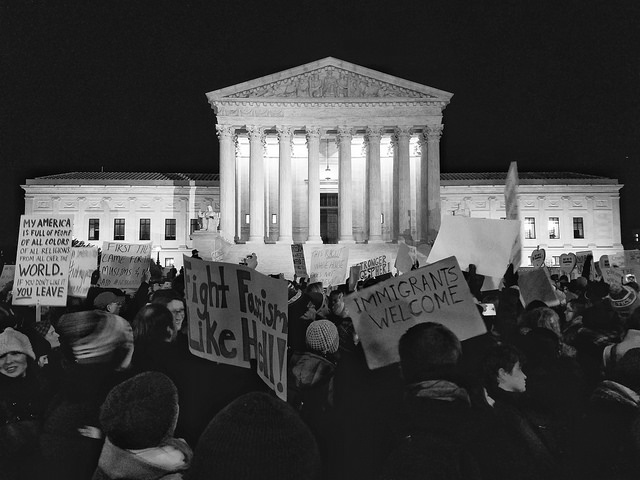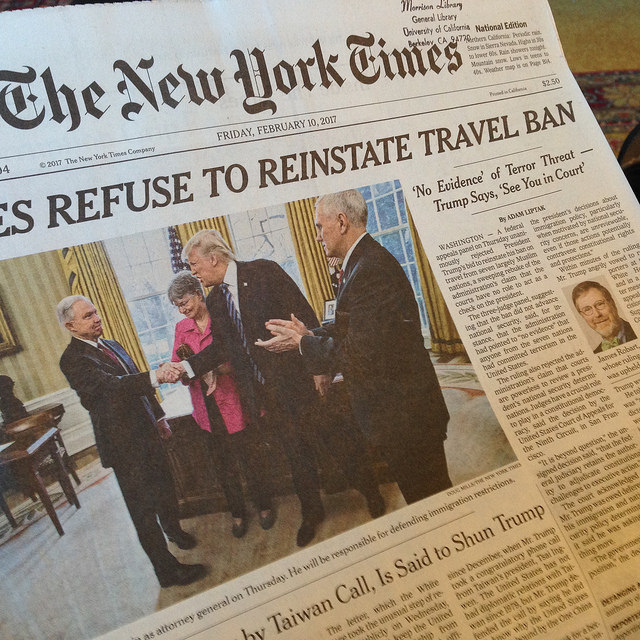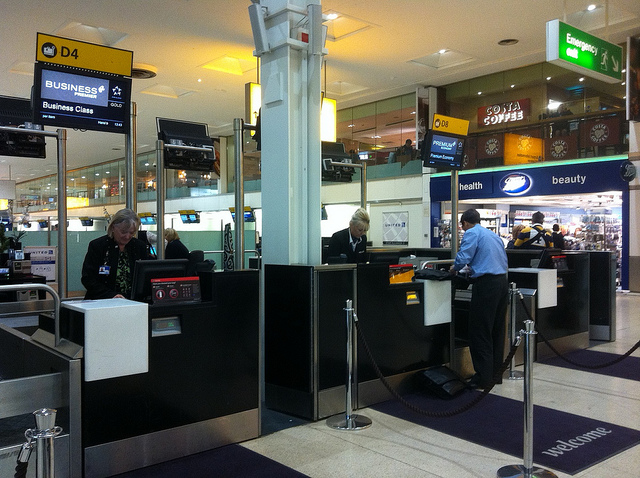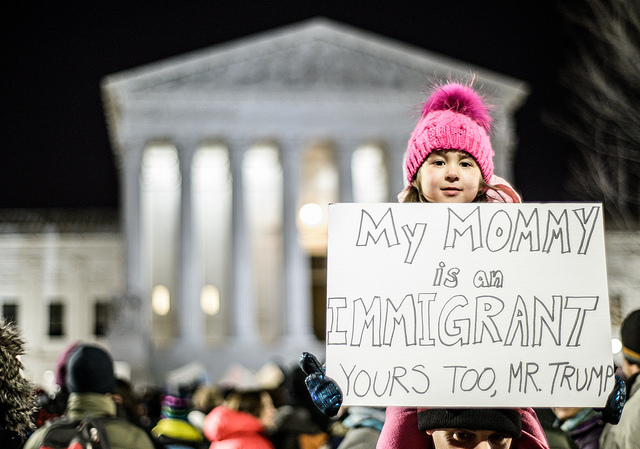In response to a court ordered preliminary injunction, that blocked the government’s plans to end the temporary protected status (TPS) of immigrants from El Salvador, Sudan, Haiti, and Nicaragua, the government has outlined a detailed plan to comply with the judge’s order.
As previously reported, U.S. District Judge Edward Chen issued a preliminary injunction temporarily stopping the United States government from rescinding the temporary protected status designation for immigrants from Sudan, El Salvador, Haiti, and Nicaragua.
Before the preliminary injunction the TPS designations would officially terminate as follows:
- Sudan, TPS Designation was to terminate on November 2, 2018
- Nicaragua, TPS Designation was to terminate on January 5, 2019
- Haiti, TPS Designation was to terminate on July 22, 2019
- El Salvador, TPS Designation was to terminate on September 9, 2019
To comply with the court order, USCIS has notified the court that the agency will be publishing a notice in the Federal Register, announcing that the TPS designations for Sudan, Haiti, El Salvador, and Nicaragua will remain in effect as long as the preliminary injunction remains in effect pending the resolution of the case. The Department of Homeland Security will continue to recognize the validity of TPS-related Employment Authorization Documents (EADs), Form I-94 Arrival and Departure Records, and Forms I-797 Notices of Action otherwise known as Approval Notices, to demonstrate the lawful status sand employment authorization of affected TPS beneficiaries.
 Visa Lawyer Blog
Visa Lawyer Blog



